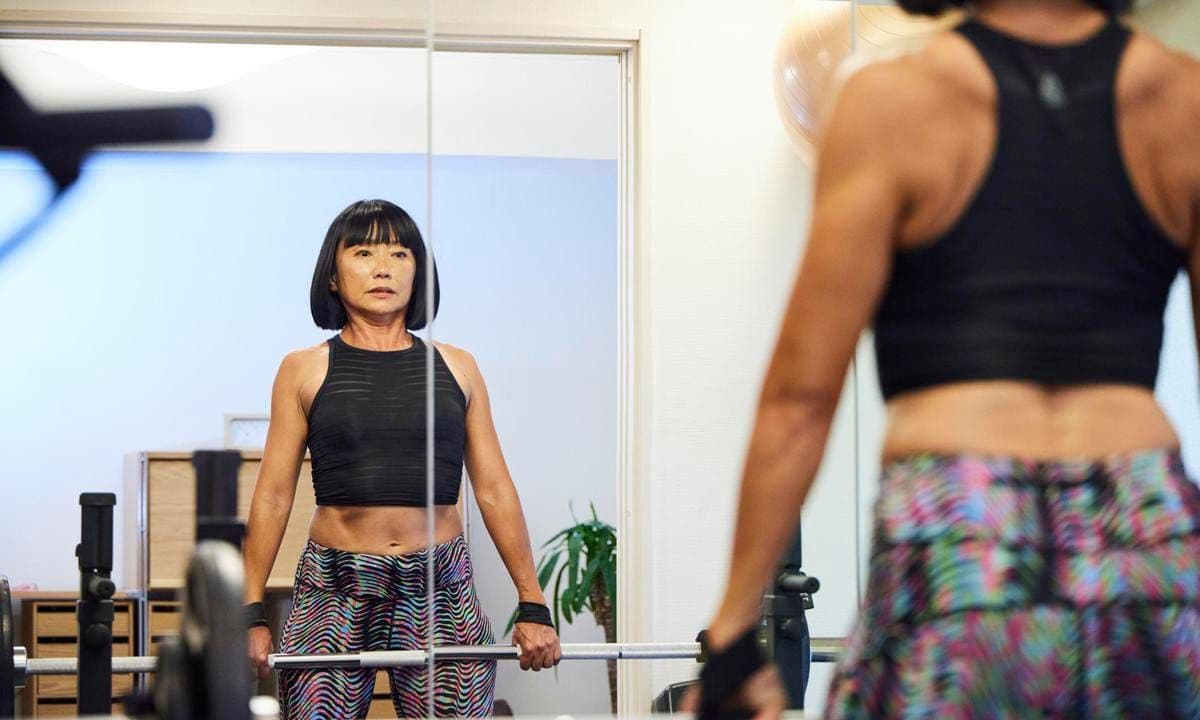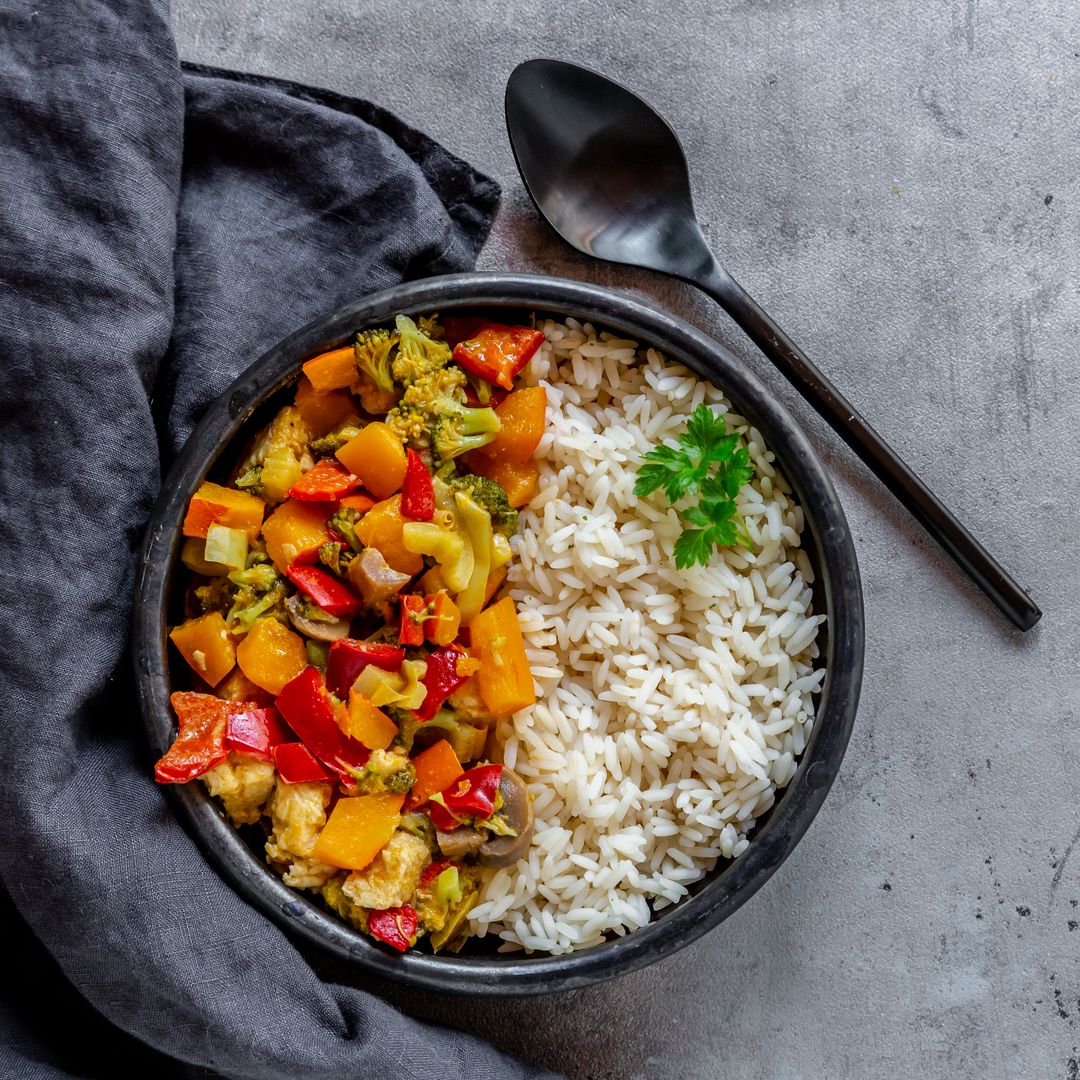You’ve decided to get in shape and started going to the gym regularly. As well as toning up, losing weight may well have been part of your motivation, especially as bikini season looms. So you probably aren’t overjoyed to see the scale moving up, not down.
Think again: here’s why it’s actually a positive sign.
First, you’ve probably heard that muscle is heavier than fat, and that’s true. Physical activity can burn fat, but it also builds muscle, which is heavier. And when you work out you’re not only building more muscle, you’re also making your muscles heavier. That’s because when the body senses that your muscles are getting lots of use, it sensibly supplies them with increased energy reserves - in the form of glucose - that they hold ready within them, in the form of glycogen. That increases their weight.
Overall, what you end up with when you exercise regularly - especially when you do tough resistance work like weight training - is more, heavier muscle, and less fat.
The role of glucose
When you exercise, you harness the positive power of glucose, allowing it to do exactly what it should. We often think of it as an enemy, because if we have too much of it, it can lead to harmful effects in the body such as diabetes, and because it is laid down as fat. But when you exercise, you bring all that under control. So you may be heavier as a result of working out, but you are also healthier.
Why the tape measure beats the scales
When you train, you’re more toned, which looks good in itself. You’re also likely to be slimmer than before, even if your weight has increased. Try measuring your waist, hips, arms and legs from time to time, to track the positive changes you’re making.
Weight change isn’t as important and isn’t, in any case, easy to measure accurately, because it can be influenced by factors such as the time of day, fluid retention in the days leading up to your period, constipation, etc.
Finally, let’s not forget the simplest method of all to assess how you’re doing: check how your clothes fit. When you discover that you can re-button those pants you like so much and couldn’t wear, you’ll stop worrying about what you weigh.
Disclaimer: This information is for general knowledge only and should not be used in place of professional medical advice. Always consult with your doctor or a qualified healthcare provider for advice on any medical concerns.
,type=downsize)





